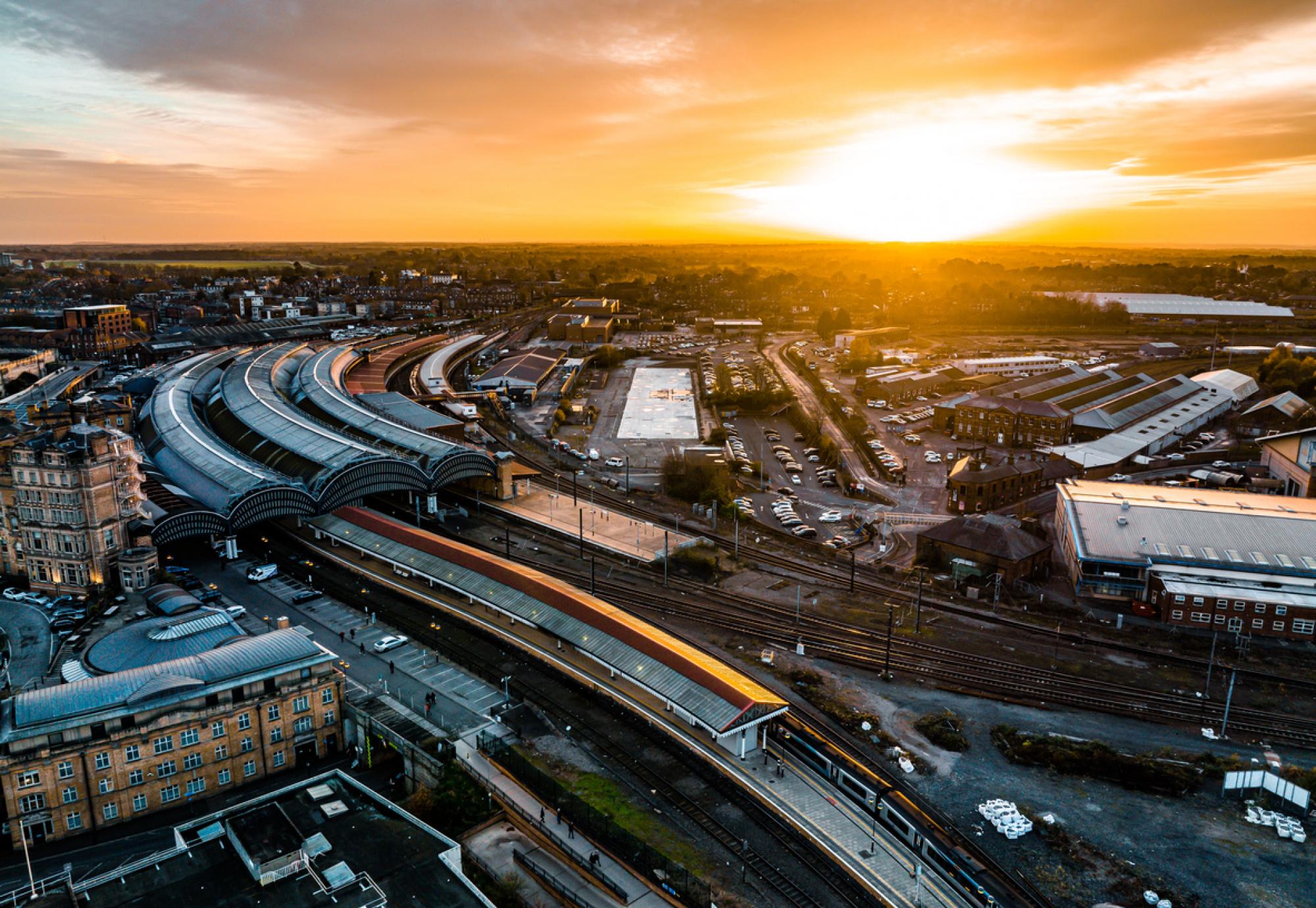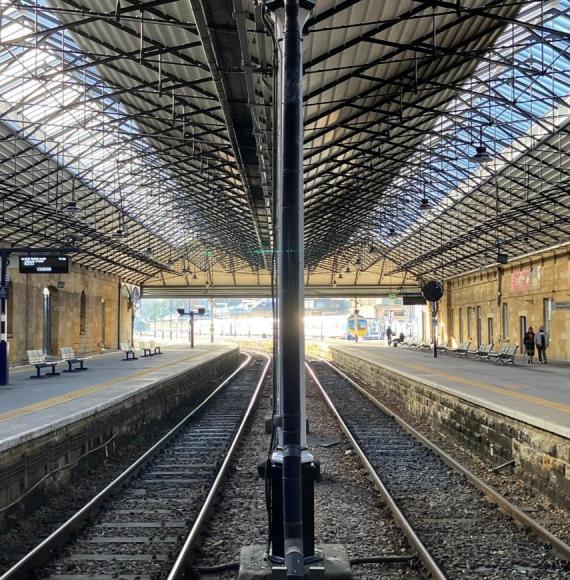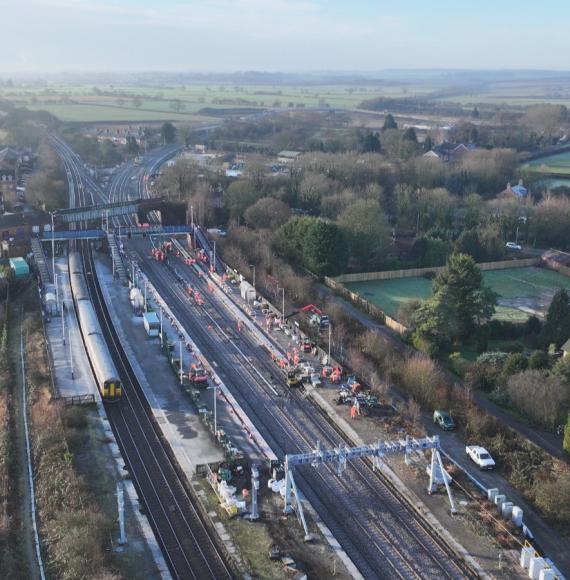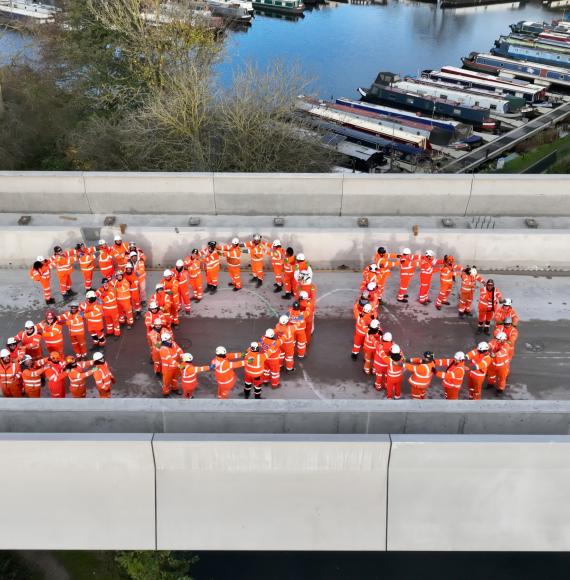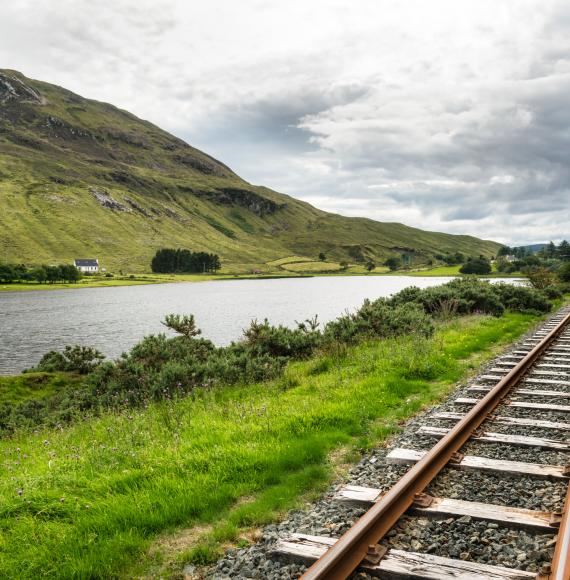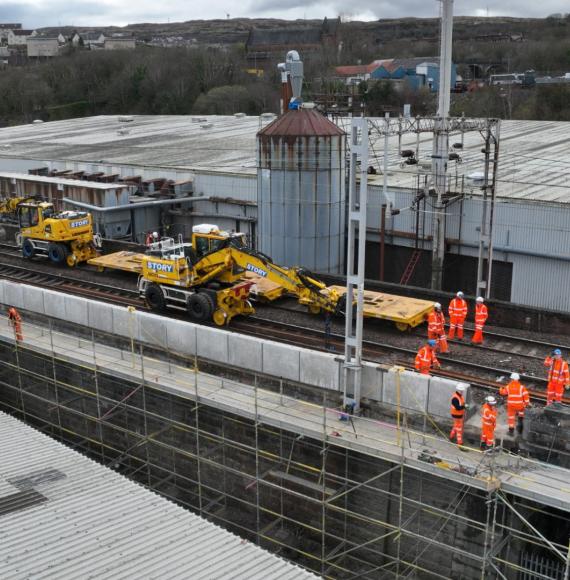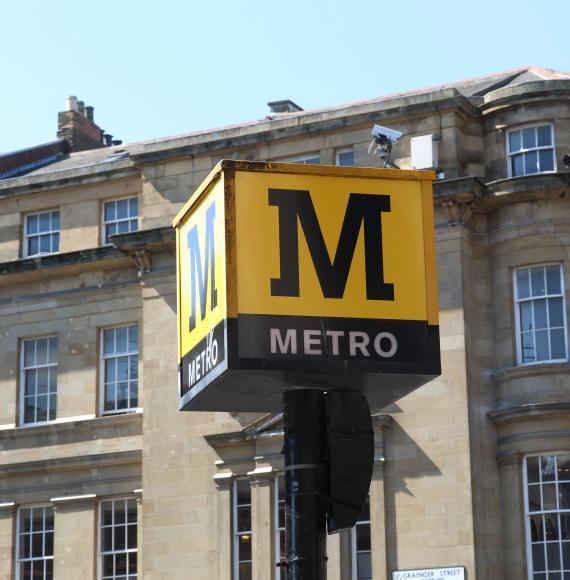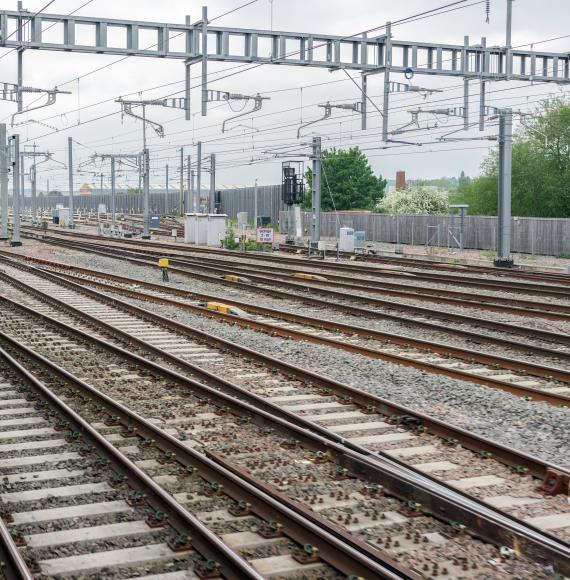The cost-of-living crisis and rising energy bills are set to ravage the UK citizen’s savings as people struggle to keep up with the surging costs of everyday necessities. The rail sector is also bracing for these upcoming expenditure increases, with Network Rail set to receive a £1bn energy bill for the first time in British rails history.
With the energy crisis currently forecast to increase costs by over 50% through the next financial year, the cost of traction for electric trains and OLE’s is expected to increase to £885m in 2023-24, Network Rail said, up from £595m this year. This staggering increase represents just one part of operational costs, seeing other uses of energy, such as gas, bringing the total energy costs up to a projected £1,016m.
A Network Rail spokesperson has stated:
“The surge in energy prices will inevitably have an impact on all businesses and individuals, and the railway is no different.
“Based on the market today, we would expect the railway’s operating costs, relating to energy, to increase from £670m this year to just over £1bn in 2023-24.”
Though Network Rail negotiates energy prices ahead of time, the fixed costs that were locked in for the coming financial year will run out whilst prices are still expected to be soaring. Some of these costs are expected to be passed down to companies utilising the rail lines, such as the freight operators who pay Network Rail for the wholesale price of the electricity they use.
With these extreme cost inflations coming, it could spur the reversal of key decarbonisation methods such as electrified freight haulage. An example of this could be seen in 2021 from the wholesale electricity cost rise in winter, which saw some operators replace electric powered locomotives with diesel powered units.
The TfL are also set to take a major hit over the coming year, as they currently stand as one of the largest consumers of electricity in the UK, with a requirement for up to 1.6 terawatt-hours a year. About 1.3TWh is used to power underground trains, seeing a typical bill of about £150m a year, with the operator’s ambitions to achieve 100% renewable energy usage 2030. The recent funding injection from the Government should bolster the TfL during this time, but the current financial climate could severely damage the Net-Zero progressions within the rail sector.
Want to know more about the opportunities to become a key supplier to the UK rail industry? Attend TransCityRail and access an exclusive marketplace of buyers from Network Rail, HS2, Train Operators, Major Contractors, and all other tiers of the supply chain. For more information and to secure your place click here.

